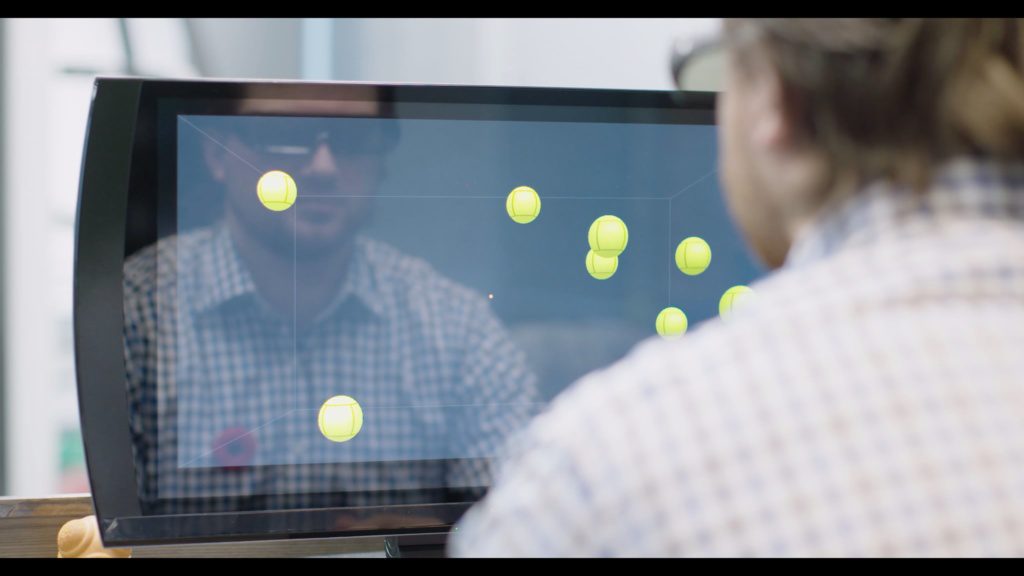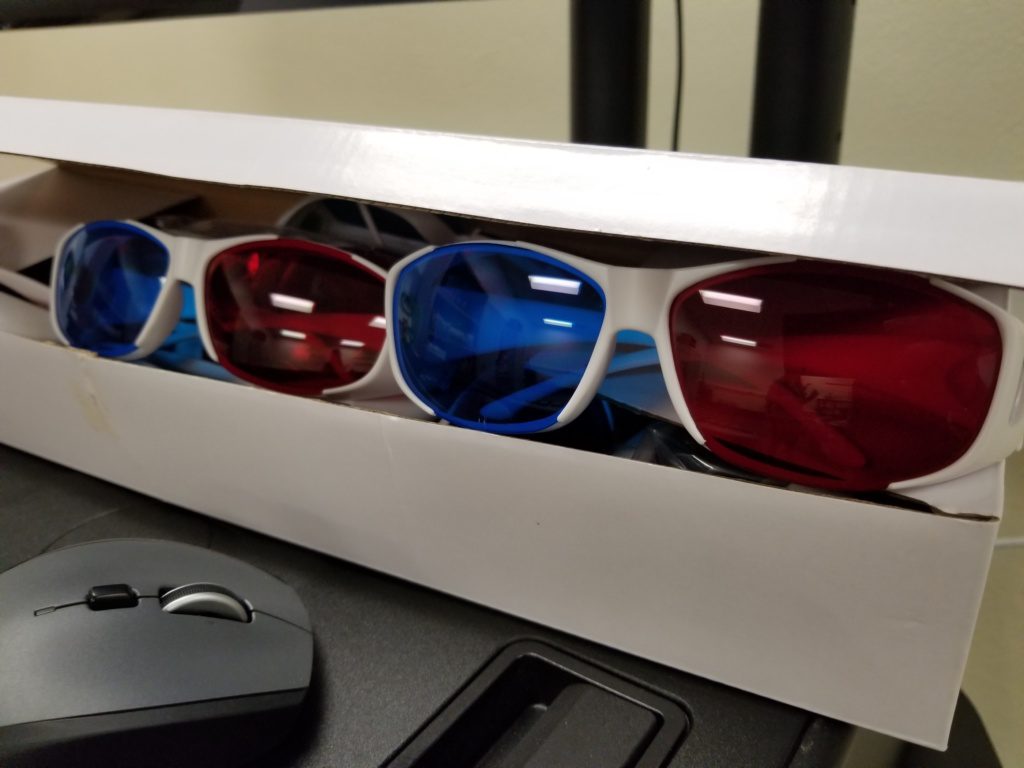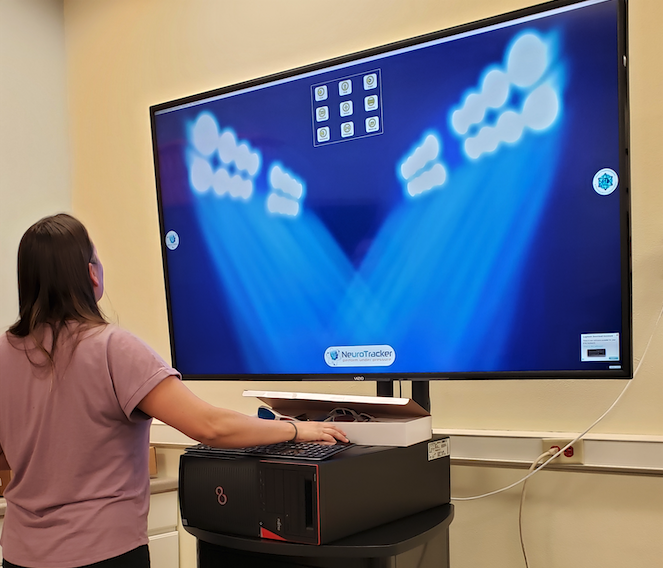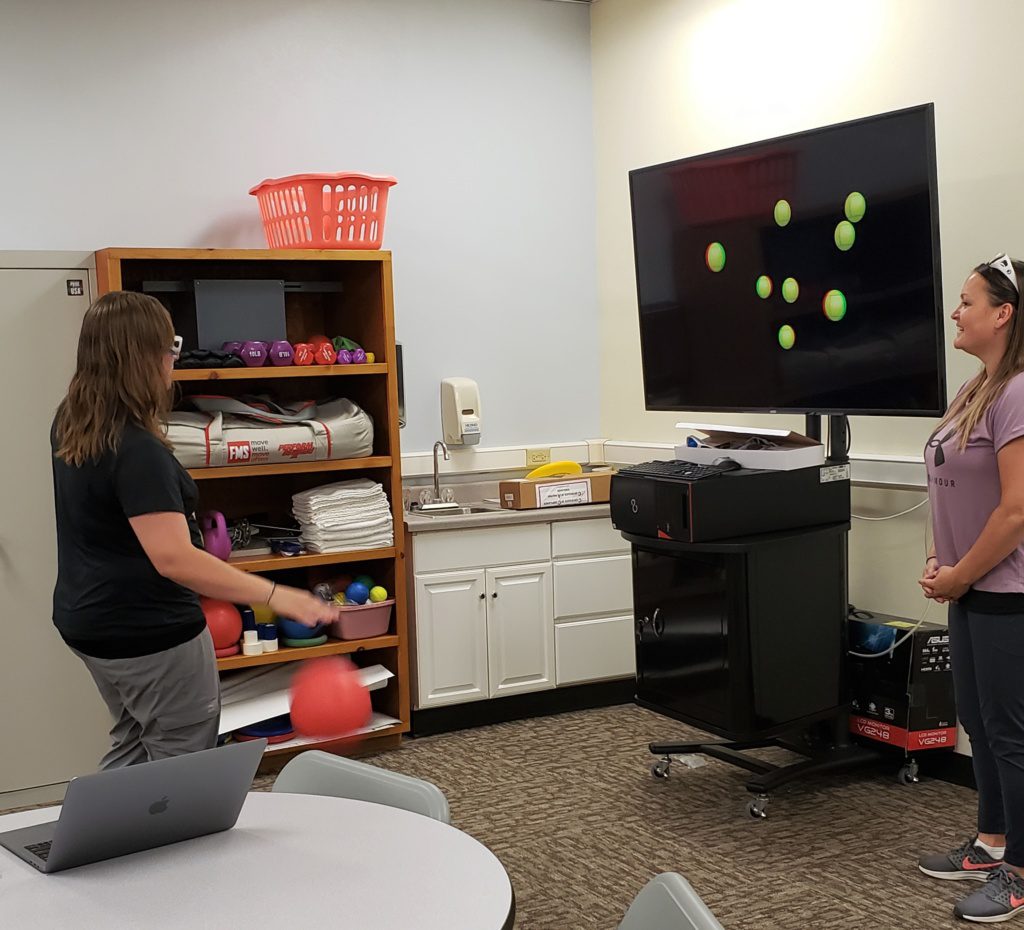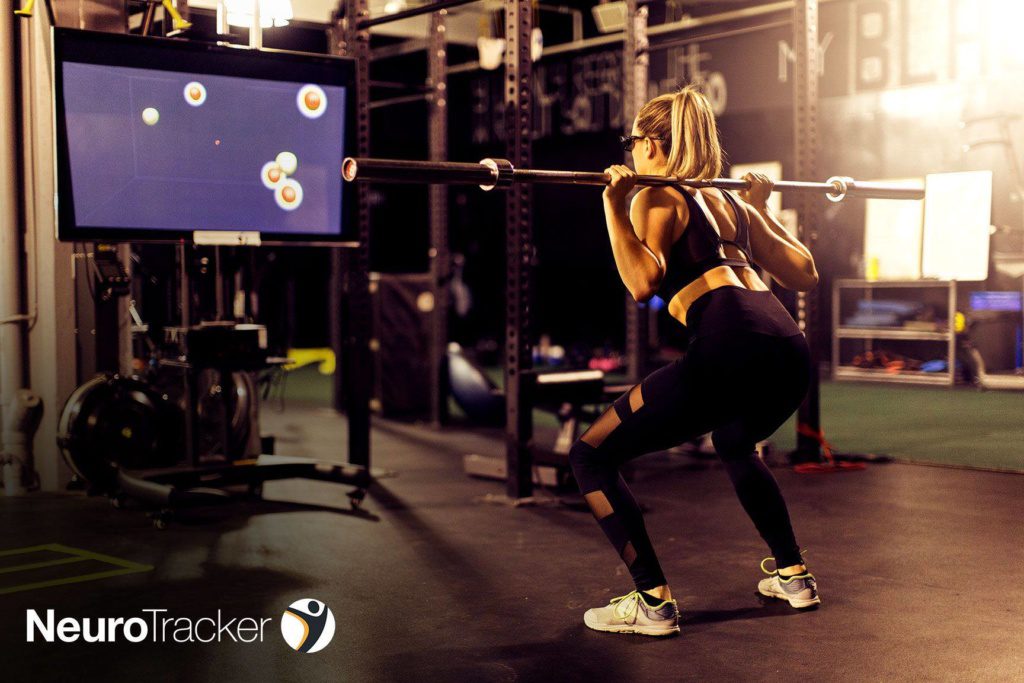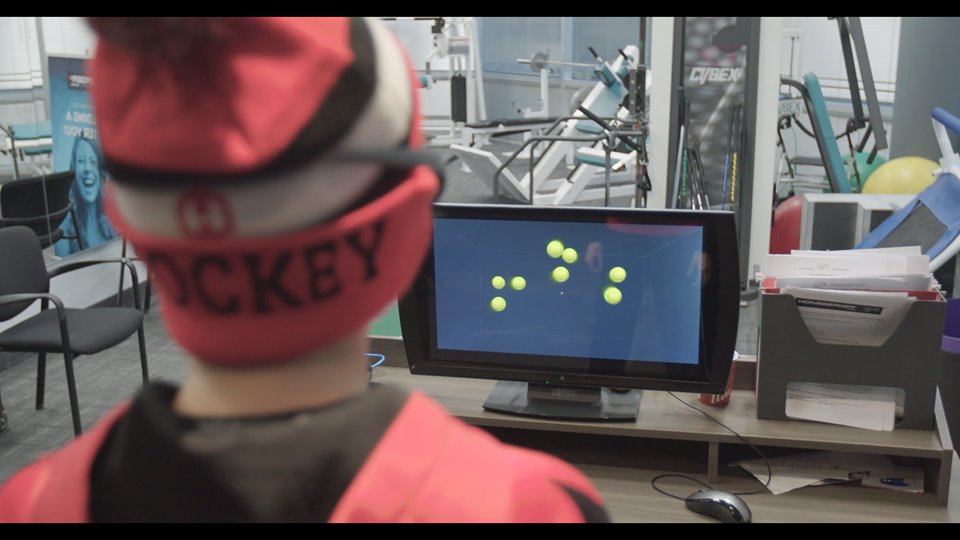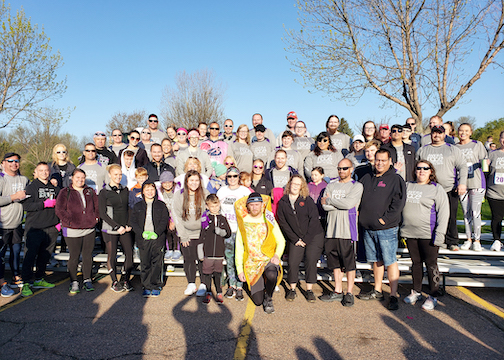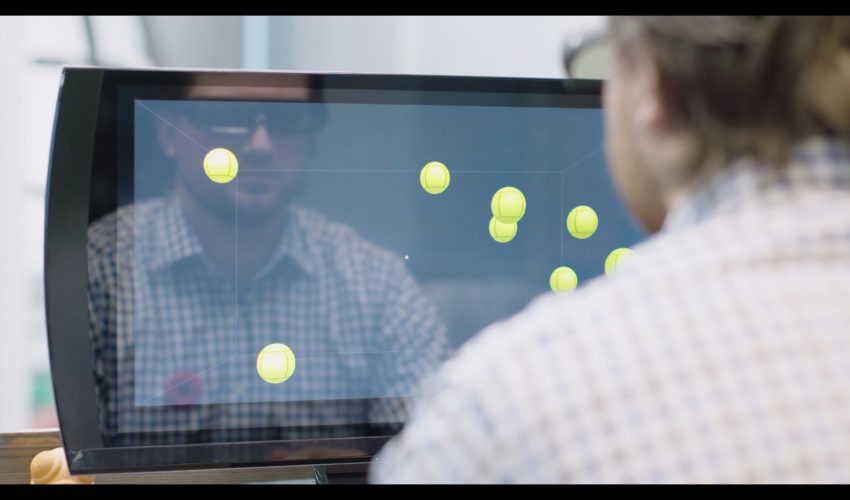New approach being used to sharpen cognitive skills
Sept. 16, 2019
This paid piece is sponsored by Dakota State University.
It’s hard to believe but true: There’s a newly proven method to sharpen your attention, awareness and other cognitive abilities in a way that will help you at work and in your daily life.
Students at Dakota State University are finding out how it works firsthand.
It’s called NeuroTracker, and it’s a 3-D experience that trains the brain while simultaneously strengthening mental awareness.
Sessions are shown to improve cognitive abilities, including attention and awareness, balance and vision. Users also report greater ability to recognize the intention of others. It aims to help individuals such as employees achieve their ultimate potential.
The program evolved out of a psychophysics lab in Canada. It has not been cleared for medical diagnoses or treatment but is used by professional sports teams, universities and businesses to improve performance, wellness and learning.
DSU instructor of exercise science Kari Hall said immediate applications for a NeuroTracker in the workplace could involve employer wellness programs, increasing employees’ desire to stay fit, maintain a healthy lifestyle and be happy.
“If a company wants to roll out a wellness program, the NeuroTracker is the perfect addition,” she said.
“Employees could sign up for a few sessions a week and, in return, as an incentive, gain a set number of benefit or wellness points that go towards their employee wellness program. They’ll also gain increased concentration, attention, executive function, heightened processing speed and problem-solving skills.”
So how does it work?
As a 3-D software program, NeuroTracker is used with a computer, special eyewear and a TV monitor. Participants start their journey with a series of three baseline tests. These tests require participants to track targets that move in a dynamic 3-D space and select their targets at the end of each series. The software can be tailored to what they need or want to strengthen, such as stamina, agility or core.
Once the series has been completed, participants move on to more challenging and targeted programs at a much higher pace. But here’s where it gets more complex: Once participants have mastered the trickier programs, they move on to even faster speeds and can add challenges such as balancing on one leg, dribbling a basketball, weight lifting, puck-handling and more.
“The NeuroTracker focuses on the neurocognitive portions of the brain,” Hall said. “We don’t always think about the complexity of these elements such as attention, reaction time and processing speed, but they are critical to high-functioning activities of daily living and performance. When we’re met with the challenge to sharpen them, it helps our brain by improving our current status in these areas.”
At DSU, students are using the experience to improve their cognitive abilities and, by extension, their learning experience. It allows students to discover more in depth how the brain works, how increased concentration and focus can be obtained and how to manipulate the software on a client-by-client basis. Students also can use the NeuroTracker to conduct research.
“I was able to see how much the brain function changes when doing a specific task like dribbling a ball versus just standing or sitting,” said Tacey Fischbach, an exercise science student.
“It’s a good tool that help students learn more in depth about the brain and how it functions with the rest of the body.”
In addition to furthering learning at DSU, incorporating the NeuroTracker into K-12 education could be a valuable component for students of all ages and learning types, Hall added.
The result? Fundamental learning skill set improvements, boost of focus and concentration, and the opportunity to increase a student’s inhibition, response control and auditory processing.
“The NeuroTracker improves how the brain works with attention,” Hall said. “All students, especially those with learning disabilities, autism or ADHD, can benefit from weekly sessions. They’ll be able to further understand the curriculum, which will help them improve grades and focus in the classroom.”
There are applications in student athletics, too, where good grades and athletic prowess are both important.
With the NeuroTracker, student athletes, as well as professional sport teams including the NFL, NBA and MLB, are able to enhance their athletic performance through mental and neurophysical exercises.
“Athletes can increase their movement speed, reaction time, situational awareness and decision-making abilities during play. It is also being used to enhance concussion care. It will definitely give our Trojans a competitive edge,” Fischbach said.
Processing speed, response control and working memory are a just a few areas in which student athletes can fortify their performance. Strengthening these areas will prepare them to better perceive their opponent, remember strategies from a playbook and increase response time and decision making, she said. Ultimately, DSU believes using the approach will give the Trojans and other athletic teams the edge they need to succeed.
The NeuroTracker also can be helpful as people age in the workplace and even retire, leading them to a better lifestyle that sustains independence, Hall said.
“When older adults complete a timeframe of moderate to vigorous activity, while hitting strength, training, flexibilit, and cardiovascular elements, they improve their lifestyle. The NeuroTracker complements these areas by improving the cognitive components that work with their musculoskeletal system such as response control, vision and processing speeds,” she said.
For information about the NeuroTracker, contact Hall at DSU’s exercise science department in the College of Education at 605- 256-5177.

